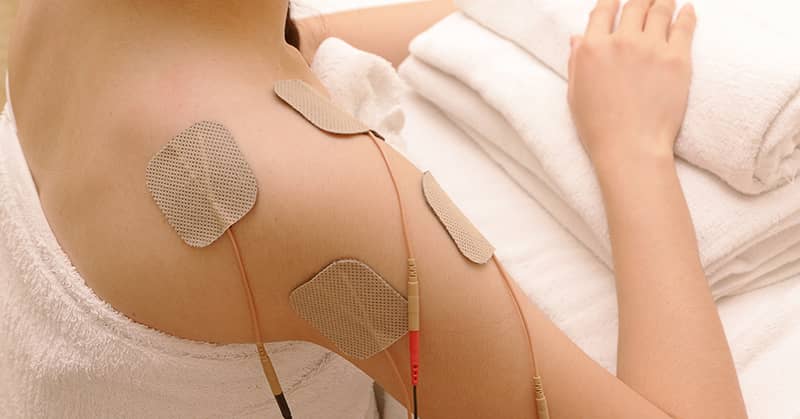
https://www.science.org/doi/10.1126/scitranslmed.abo2044 https://consumer.healthday.com/memory-loss-2660472983.html https://theconversation.com/rhythmically-stimulating-the-brain-with-electrical-currents-could-boost-cognitive-function-according-to-analysis-of-over-100-studies-206169
